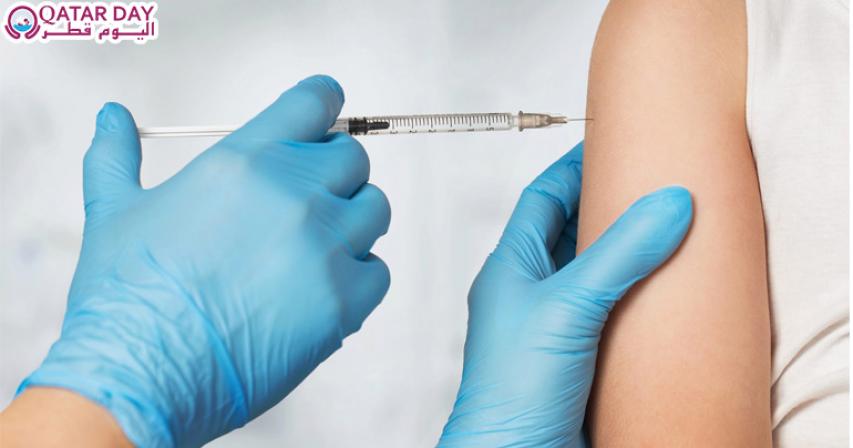There is not yet a treatment for COVID-19. We are having to rely on preventive measures such as wearing a face mask, hand-washing and maintaining physical distance.
The influenza viruses — of the four types, A, B, C and D, only A and B can cause severe disease — and SARS-CoV-2 are all RNA viruses. That is, instead of double-stranded DNA, these viruses are made up of a single-stranded RNA genetic material. Is it then possible that the influenza vaccine can also be protective against the coronavirus? Since both are RNA viruses, is it possible that the body mounts similar immune responses?
Almost immediately after the coronavirus outbreak was declared a pandemic, many scientists and public health experts claimed that those who have received the influenza vaccine are more susceptible to infection by the coronavirus. This claim was quickly refuted by conducting focused scientific experiments — and by an analysis of data and specimens from over 10,000 residents in Canada.
Scientists have observed many interesting commonalities between immune response in patients with COVID-19 and those with influenza infection. Recently, scientists and clinicians of the Peter Doherty Institute for Infection and Immunity in Australia studied the immune responses in the blood in a COVID-19 patient. They conducted this study in the same patient at different points of time when the coronavirus was active in the patient. They found that significant changes in different cell types related to immune response in this patient compared to those without SARS-CoV-2 infection. For example, there was a large increase in numbers of antibody-secreting cells and follicular helper T-cells. They also detected immunoglobulin M (IgM) and IgG antibodies that bound the COVID-19-causing coronavirus SARS-CoV-2 in blood before symptomatic recovery. These immunological findings were similar to those that have been found earlier in patients with influenza virus infection — as well as in individuals who received a vaccine against influenza.
A large study conducted recently in Brazil comprising 92,000 COVID-19 patients has concluded that the influenza vaccine protects against getting severe COVID-19. A similar conclusion was reached in a study conducted earlier in Italy. The Brazilian study found that if a person takes a flu shot before contracting SARS-CoV-2, the chance of death from COVID-19 reduces by 20 per cent. When a person takes the shot after the onset of COVID-19, the chance of death reduces by 27 per cent.
The influenza vaccine is a cocktail of inactivated viruses, that is, dead viruses. Since the RNA of the influenza virus changes (mutates) rapidly to evolve into new strains, the cocktail also changes every year. In 2019-2020, the influenza vaccine provided globally was a quadrivalent, containing four inactivated strains of flu virus — two strains each of influenza A and B.
The jury is still out on how the flu vaccine can protect against severe COVID-19. A vaccine against a virus that is composed of one or more inactivated strains of the virus fails to produce specific immunity against the virus. Instead, it produces non-specific immunity, which refers to the immunity that a vaccine generates against a larger set of pathogens, not necessarily only against the one for which it was designed. Thus, the cocktail of inactivated strains of the flu virus confers protection not only against the influenza virus but also against other viruses. While such non-specific protection may, in some cases, be desirable, it compromises providing protection against the virus for which it was designed. It is thought that because of this non-specific immune response of the flu vaccine, recipients of the flu vaccine can recognise SARS-CoV-2 efficiently and also fight the coronavirus infection better. Hence, flu vaccine recipients infected by the coronavirus can clear away the coronavirus rapidly. Therefore, their COVID-19 clinical symptoms are less severe.
There is not yet a treatment for COVID-19 or a vaccine against SARS-CoV-2. We are having to rely on preventive measures such as wearing a face mask, hand-washing and maintaining physical distance. Every year, WHO recommends mandatory flu shots for the elderly, children and pregnant women; the subsection of any population who are at high-risk for influenza. This season, get a flu shot not only to protect yourself against influenza, but also to prevent severe COVID-19.

Comments